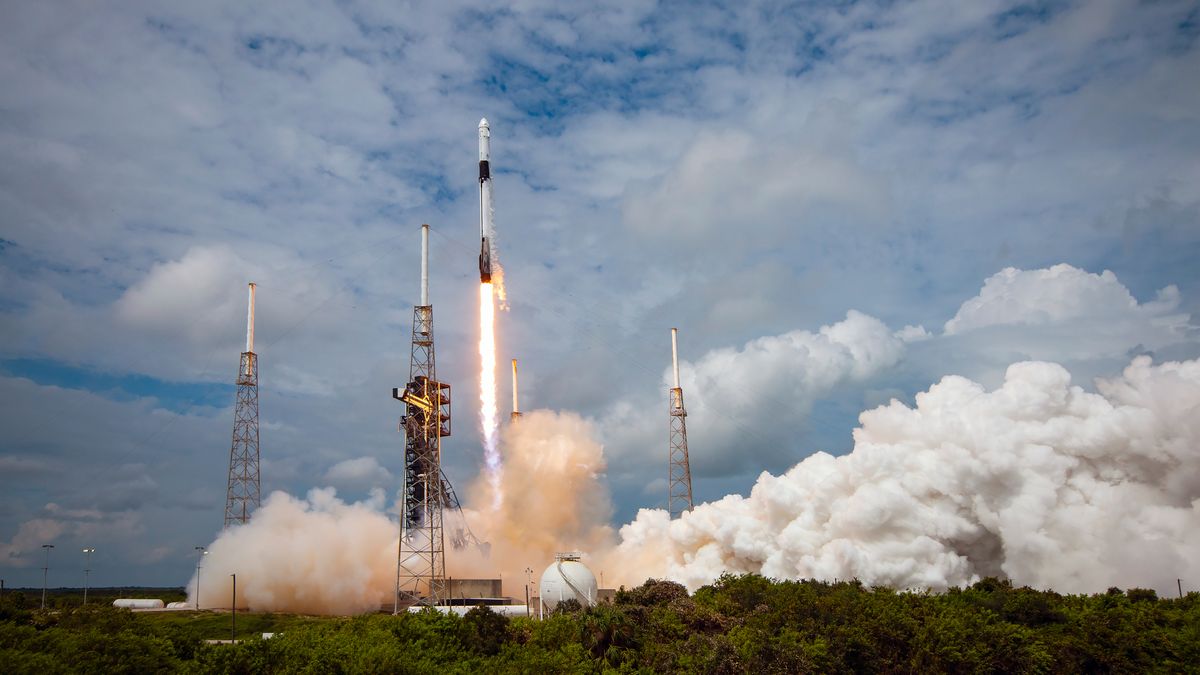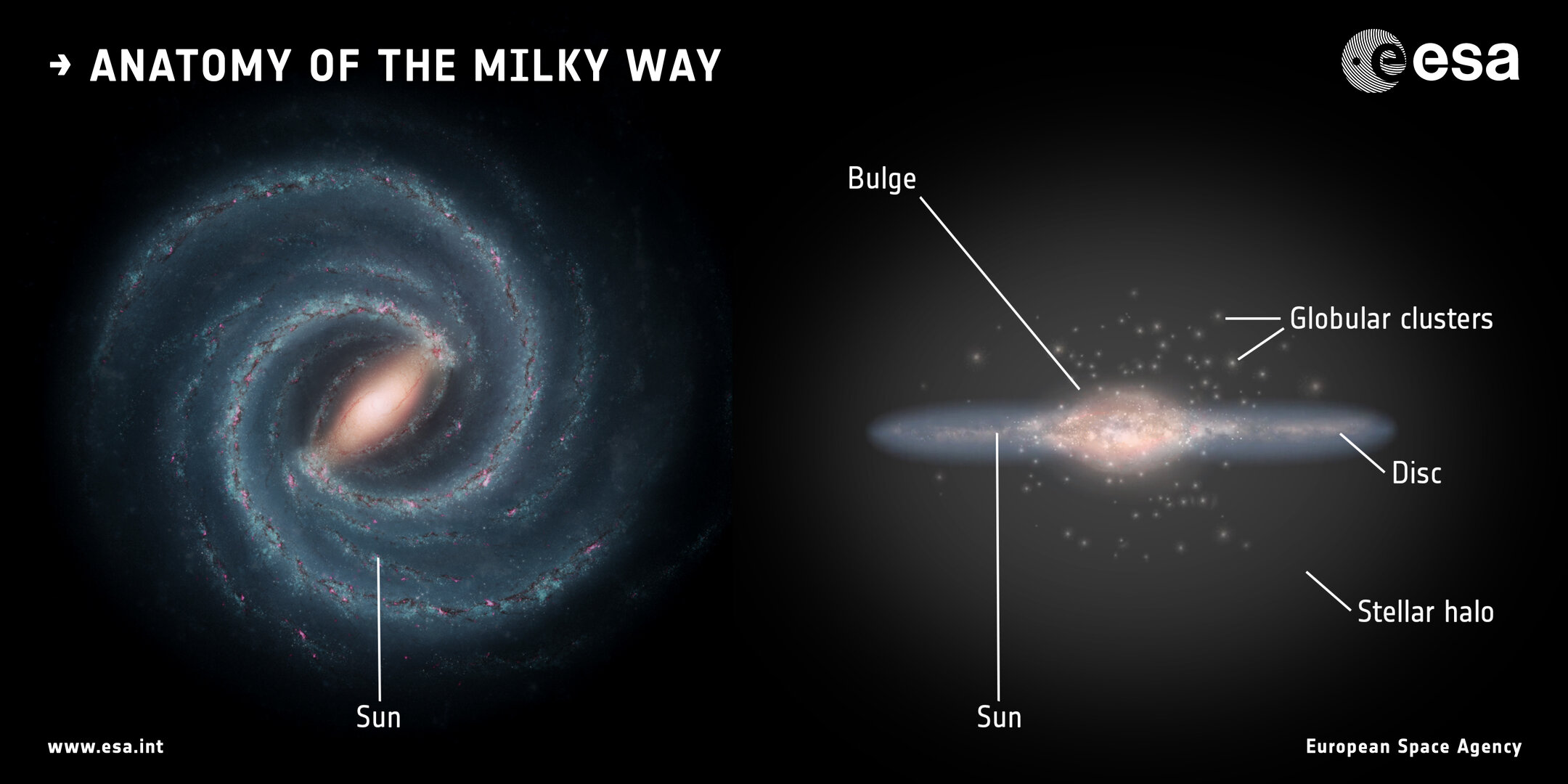The U.S. Federal Aviation Administration (FAA) has given SpaceX’s workhorse Falcon 9 rocket a green light to return to flight.
The Falcon 9 had been grounded since Sept. 28, when the rocket suffered an issue with its upper stage during the launch of the Crew-9 astronaut mission for NASA. (A Falcon 9 did launch Europe’s Hera asteroid-inspection probe on Oct. 7, but that was a one-time exception granted by the FAA.)
“The FAA notified SpaceX on Oct. 11 that the Falcon 9 vehicle is authorized to return to regular flight operations,” agency officials said in an emailed statement on Friday afternoon. “The FAA reviewed and accepted the SpaceX-led investigation findings and corrective actions for the mishap that occurred with the Crew-9 mission (Sept. 28).”
The Crew-9 incident — which did not affect mission success but did result in the upper stage falling back to Earth outside its planned disposal area — was the third Falcon 9 issue in less than three months.
Related: Falcon 9: SpaceX’s workhorse rocket
The first occurred on July 11, when an upper-stage propellant leak led to the loss of 20 of SpaceX’s Starlink internet satellites. The Falcon 9 was grounded for about two weeks as a result. Then, on Aug. 28, a Falcon 9 first stage failed to land safely after a successful Starlink launch. The rocket was flying again just three days later.
In its statement on Friday, the FAA said that it has “closed the SpaceX-led investigations for the Falcon 9 mishaps that occurred” on those two missions.
SpaceX is still waiting for FAA approval for the fifth test flight of its Starship megarocket, the giant vehicle the company is developing to help humanity settle the moon and Mars.
Elon Musk‘s company hopes to launch the Starship mission on Sunday (Oct. 13) and is confident that will happen. “We expect regulatory approval in time to fly on October 13,” SpaceX said in a Friday post on X.



